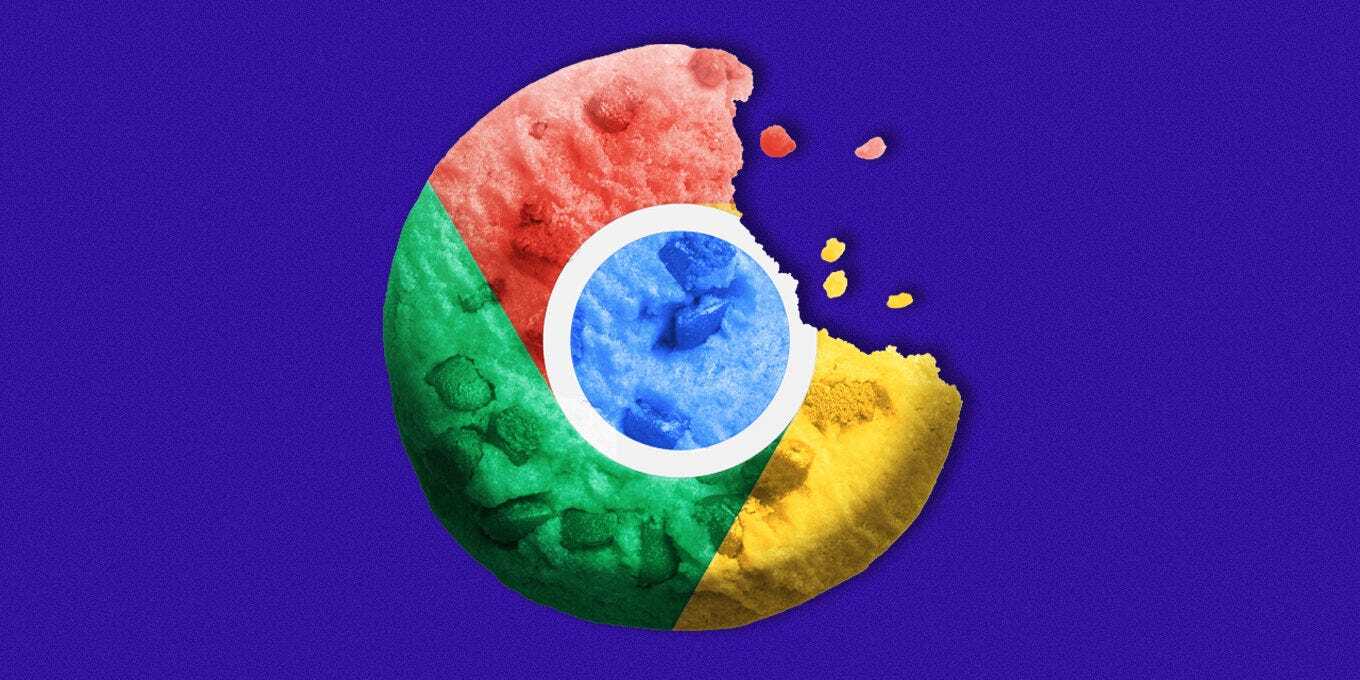Google's Cookie Conundrum: What Advertisers Need to Know

by Tom Acheson-Gray, Head of Performance & Data
The digital advertising world has been buzzing with news of Google's recent U-turn on Chrome's third-party cookie deprecation. As this decision impacts marketers worldwide, we've prepared a comprehensive overview to help you navigate these changes. In this post, we'll:
1. Refresh your memory on cookies and their role in digital marketing
2. Explain the evolving privacy landscape and Google's latest announcement
3. Offer guidance on maintaining and improving your advertising performance
Understanding Cookies in Digital Marketing
Cookies are small text files stored on users' devices via web browsers. Since their inception in the mid-1990s, they've been integral to how we experience the internet. There are two main types:
First-party cookies: These operate on the domain a user is browsing and are used for:
• Essential website functionality (e.g., remembering items in a shopping basket)
• Site analytics (e.g., GA4 or Adobe)
• Click-based ad attribution when using tools like Google Tag Manager
Third-party cookies: These track users across different domains and enable:
• Interest-based audience targeting
• View-through conversion tracking
• Tag-based remarketing
Despite their widespread use, cookies have limitations:
• They struggle with cross-device attribution
• They can't measure incrementality (whether users would have converted without seeing ads)
• They're constrained by lookback windows, potentially missing long-term ad effects
• They lack cross-platform impression data sharing, making it impossible to deduplicate view-through conversions
The Changing Privacy Landscape
The 'golden age' of cookie-based marketing lasted from the rise of programmatic advertising until 2018. As users became aware of how their data was being used, regulations like GDPR and CCPA emerged, requiring consent for cookie use in the EU and USA. It is worth noting that NZ is severely lagging behind other democracies in protecting its citizens' online privacy.
In response, browsers and operating systems began offering users more control over their data sharing. Apple led the charge with iOS 14.5, introducing App Tracking Transparency (ATT) for apps. Other browsers like Firefox and Safari started blocking third-party cookies by default.
As Chrome's developer, Google announced plans to phase out third-party cookies by 2022, extending the deadline to 2023 and then to 2024. They've been developing alternative technologies through the Privacy Sandbox initiative to replace third-party cookie functions, but these plans were hit with serious anti-trust litigation from Europe in particular.
Google's Latest Announcement
Last week, Google surprised the industry and announced that it will not deprecate third-party cookies in its Chrome browser, as planned. Instead, Google will introduce a new feature allowing users to make informed choices about their web browsing privacy. However, there is no clear timeline for when these changes will take place.
What This Means for Advertisers
At D3, this announcement doesn't fundamentally alter our approach. We've always advocated for privacy-preserving measurement features like:
• Server-side tagging
• Google Enhanced Conversions
• Meta's Conversions API (cAPI)
These tools allow us to deliver effective campaigns while respecting user privacy. We also employ incrementality testing to assess the value of different channels and tactics more accurately.
It's worth noting that the opt-out rate for third-party cookies is likely to be high, similar to what we saw with iOS 14.5. This means performance will be impacted, particularly for tag-based remarketing. As a result, it's more crucial than ever to provide frequent, high-quality customer match lists.
Looking Ahead
At D3, we're committed to staying ahead of industry trends and ensuring our clients' campaigns are both effective and privacy-compliant. We'll continue to adopt privacy-preserving measurement features to enhance performance.
While Google's announcement has created a stir, it reinforces the importance of prioritising user privacy and innovation in digital marketing strategies.
Conclusion
The digital marketing landscape is ever-changing, and the evolving role of cookies is just one aspect of this dynamic field. Despite the recent news, our fundamental approach remains unchanged. We're focused on delivering exceptional results through privacy-centric solutions and forward-thinking data strategies.
If you'd like to discuss this topic further or explore how these changes might affect your campaigns, please don't hesitate to contact any of the D3 team.


